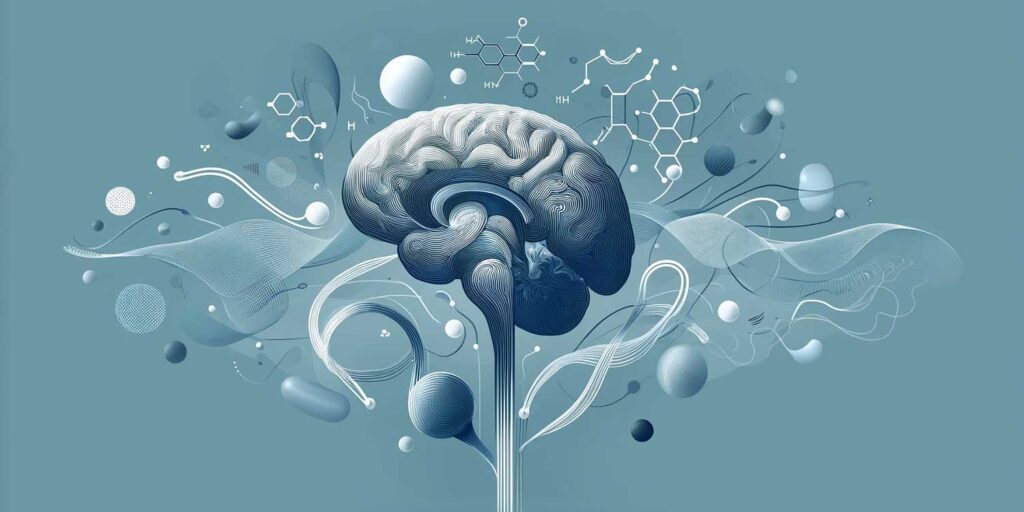
Testosterone, commonly connected to male bodily attributes and libido, plays yet another bizarrely important role in mental health. This article investigates the complex relationship between the levels of testosterone and various elements of mental soundness such as mood swings, and cognitive functions, among others.
The Two Sides of the Coin: Mood and Mental Health
Testosterone interacts with brain chemicals and other neurotransmitters in a big way that regulates mood and cognitive processes. However, in mental health, the action of testosterone is not direct or straightforward, as it has many faces usually referred to in scientific research as “a double-edged sword.
Low Testosterone and Mental Health
In the case of male patients, aging brings a natural decline of testosterone level. Symptoms of its deficiency, such as fatigue, irritability, or difficulties with concentration, are nothing unusual. In the worst cases, depression can even be provoked by its lower level.
High Testosterone and Mental Health
This would be because, where the high level of testosterone mostly runs immense confidence and assertion, at the same time, they may cross over into aggression, mood swings, and even some tendencies that could be reckless. This shows that there is a sober level of testosterone for mental health.
The Impact of Testosterone on Cognitive Function
The relationship between testosterone and cognitive abilities also exhibits key areas of influence:
Memory and Attention
Studies suggest a positive association between higher testosterone levels and better performance in memory and attention tasks in older men. Testosterone may play a role in the hippocampus, a brain region crucial for memory formation, and the prefrontal cortex, which governs attention and focus. This implies that testosterone has a neuroprotective effect, potentially helping to regulate cognitive ability and mitigate age-related decline in men.
Spatial Reasoning
Testosterone also influences spatial reasoning, with higher levels generally improving this ability. Perhaps the importance of testosterone in cognitive health would be better elucidated by some treatments that deliberately lower the hormone for medical reasons and which have been linked to mild cognitive declines.
Executive Function
Executive function encompasses a range of higher-order cognitive abilities like planning, decision-making, and problem-solving. Some studies show a correlation between testosterone levels and executive function, particularly in older adults. However, the results are not always conclusive, and more research is needed to understand this connection fully.
Learning and Memory
Testosterone may play a role in promoting the growth and development of neurons, the brain’s communication cells. This could contribute to enhanced learning and memory consolidation.
Important Considerations
It’s important to note that the research on testosterone and cognition is ongoing. While some studies suggest a cause-and-effect relationship, others show only an association. Additionally, factors like age, overall health, and genetic predisposition can influence how testosterone impacts cognitive function.
The timing of testosterone changes can also be an important consideration. For example, the effects of low testosterone may be more pronounced during critical developmental periods or later in life with age-related decline.
One has to keep in mind that the relationship between testosterone and psychological health is mediated by many variables, and that the level of testosterone does not directly decide the psyche of an individual.
Conclusion
Understanding the finer link of testosterone to mental health might help boost overall well-being. The person should talk to the healthcare provider if he feels or has any signs related to testosterone levels like mood swings that cannot be accounted for, depression, or problems with cognition. Therefore, they can assess what particular condition a person has and be able to suggest what may be the best course of action, making sure that the medicine involved is safe and well-suited for such a person.
Disclaimer: The information provided in this article is for educational and informational purposes only. It is not intended as a substitution for professional medical advice, diagnosis, or treatment. Always seek professional advice from your physician or qualified healthcare provider with any questions you might have regarding your physical and mental health.
EXERCISES

COMMUNITY
